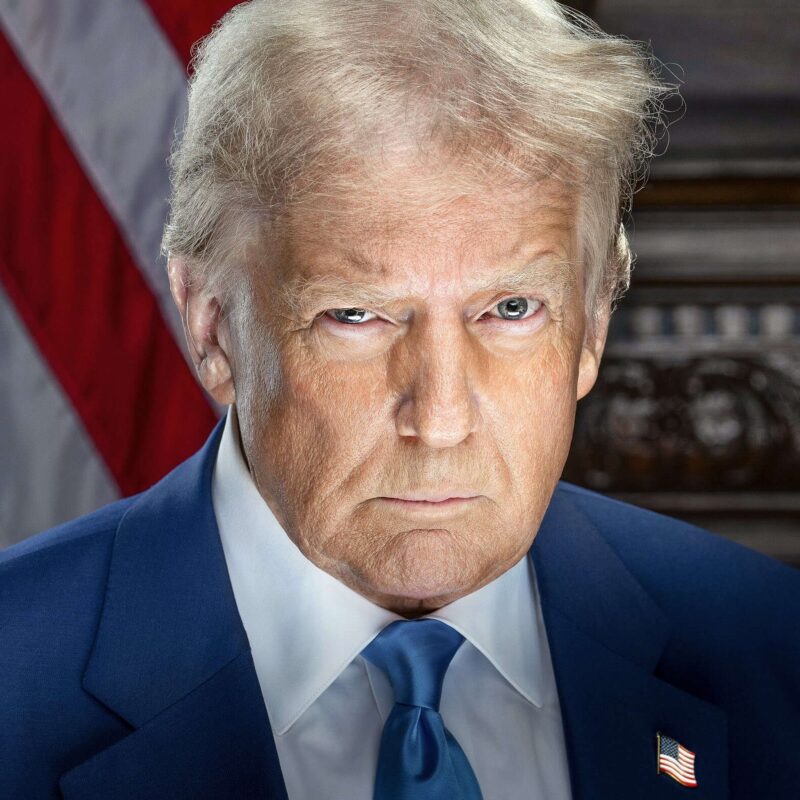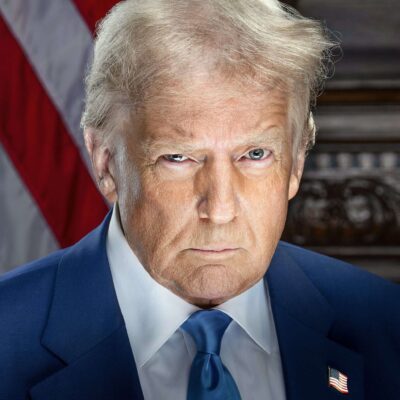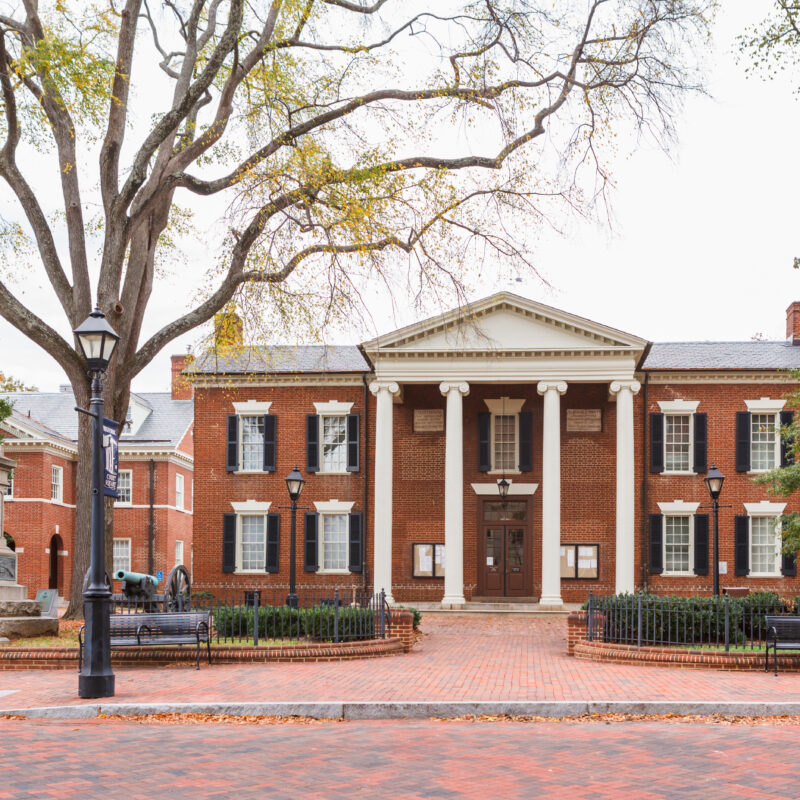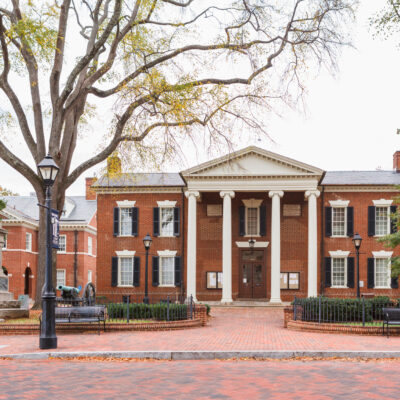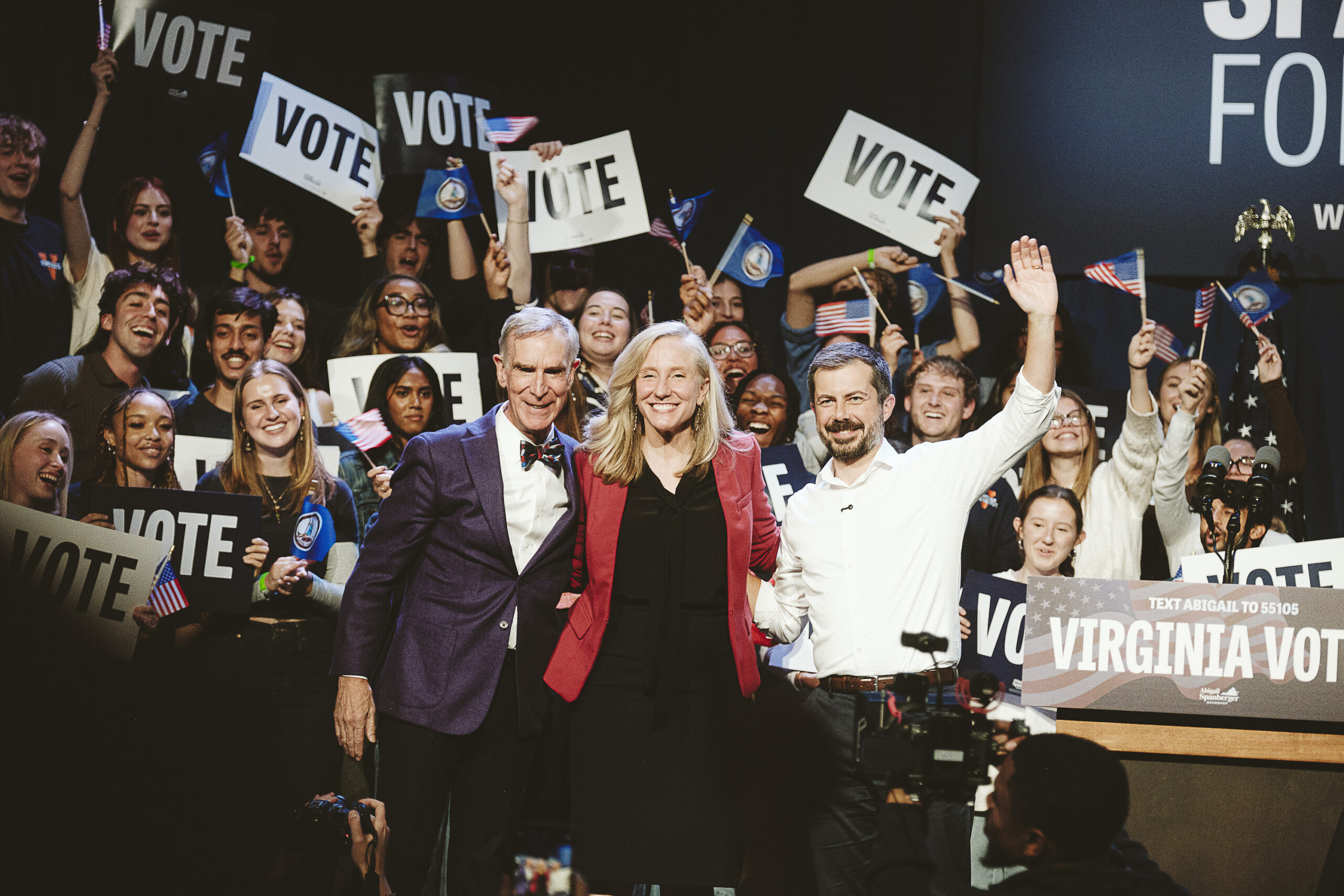
This is the fourth and final article in C-VILLE’s 2025 election series, covering local and statewide races in the lead-up to Election Day, November 4.
Virginia will elect its first female governor on November 4, with Winsome Earle-Sears and Abigail Spanberger both seeking to lead the Commonwealth.
C-VILLE attended the Spanberger campaign’s October 21 event at The Jefferson Theater, but did not get an answer when we asked the Earle-Sears campaign about upcoming events. We reached out to both candidates with questions, but received no response.
Winsome Earle-Sears
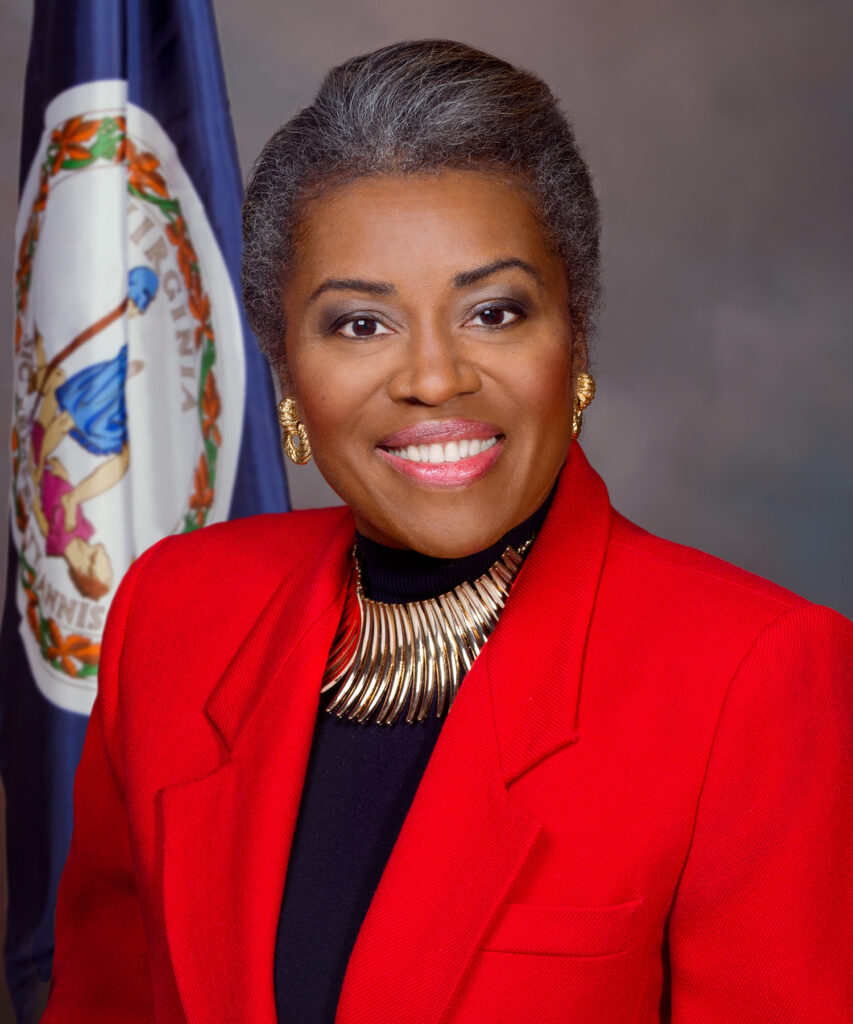
Republican nominee and current Lt. Gov. Winsome Earle-Sears is the first Black woman elected to statewide office in the Commonwealth, and Virginia’s first female lieutenant governor.
Born in Jamaica, Earle-Sears immigrated to the United States at 6 years old. She became an American citizen while serving a three-year enlistment in the U.S. Marine Corps.
Earle-Sears’ career as a representative began in 2002, when she was elected to the Virginia House of Delegates. She was unseated after one term, but returned to the political scene in 2011 when she was appointed to the Virginia Board of Education.
Notable endorsements include President Donald Trump, Gov. Glenn Youngkin, Rep. John McGuire, and more than 80 Virginia sheriffs.
Abigail Spanberger
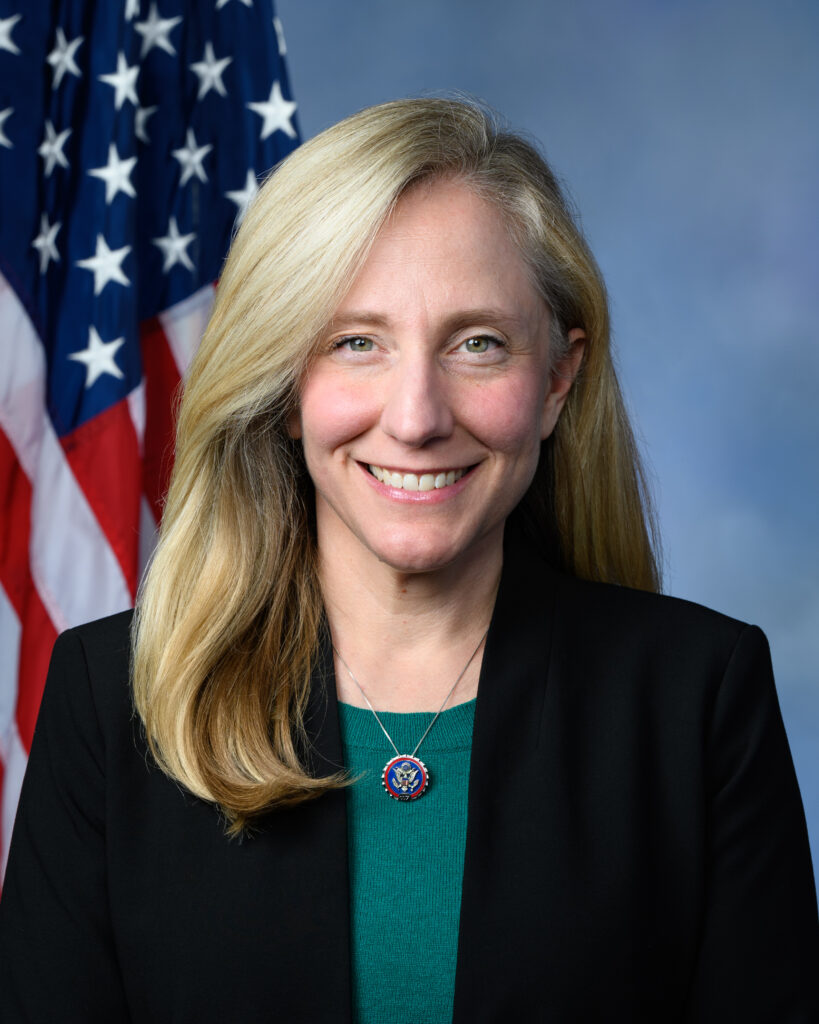
Democratic nominee and former congresswoman Abigail Spanberger grew up in the Commonwealth, and moved back to Virginia after serving as a CIA case officer from 2006 to 2014.
Prior to running for Congress, Spanberger was a volunteer with Moms Demand Action. Upon election in 2018, she became the first woman to represent Virginia’s 7th Congressional District, and was the first Democrat to win in the district in more than 50 years, representing VA-7 from 2019 to 2025, when she opted to run for governor rather than seek reelection.
Notable endorsements include former president Barack Obama, the Virginia Police Benevolent Association, the Virginia chapter of National Organization for Women, and Virginia Sens. Tim Kaine and Mark Warner.
On the issues
After an unproductive debate, voters may still have questions about the policy positions and proposals from each gubernatorial candidate.
Economy
Both candidates agree on the importance of ensuring an affordable cost of living in Virginia, but have different ideas about the obstacles to and best path toward reducing costs.
In line with the Republican base, Earle-Sears has talked about reducing taxes, cutting government spending, and deregulation. She has publicly committed to eliminating the personal property vehicle tax, but has not outlined a specific plan for recouping the nearly $4 billion in revenue generated by the tax—instead pointing to the Commonwealth’s track record of running a budget surplus. She supports Trump administration tariffs, and opposes the repeal of Virginia’s right-to-work law.
Spanberger’s approach to affordability is centered on reducing the cost of health care, housing, and energy for Virginians. Her proposals include: creating a statewide hospital price transparency comparison tool, incentivizing new construction for first-time and middle-class housing, and negotiating reentry into the Regional Greenhouse Gas Initiative. She has also discussed eliminating or reducing the personal property vehicle tax, but notes the difficulty posed by the significant cut to revenues for cities and counties. She opposes Trump administration tariffs, and supports reforms to, but not a full repeal of, the state’s right-to-work statute.
Federal workers and government shutdowns
With a federal civilian employee population rivaling Washington, D.C., Virginia workers have been among the most affected by federal workforce cuts and the ongoing government shutdown.
Earle-Sears has not pushed back on the mass firings of federal workers. More recently, Earle-Sears has said that the ongoing government shutdown must be ended by Democratic senators signing onto existing legislation.
Spanberger has publicly denounced the mass firing of federal employees, and proposes support for Virginia’s affected federal workforce, including increased legal protections. She has called on a bipartisan coalition to sit down with the Trump administration to end the shutdown—mirroring her approach as a freshman congressmember.
Immigration
Earle-Sears supports full cooperation with Trump administration immigration policy. At the introduction of a 2024 budget amendment legislation, Earle-Sears spoke to her own experience as an immigrant while backing the measure, which would withhold funding from “sanctuary cities.”
In an August interview with the Virginia Mercury, Spanberger said “our immigration system is absolutely broken,” and voiced opposition to the use of local law enforcement in immigration actions beyond the arrest and transfer of individuals with criminal violations.
Education
Earle-Sears supports school choice legislation, which would allow parents to use state funding to pay for education expenses including private and charter schools.
Spanberger supports increased funding for public schools, and “oppose[s] efforts that seek to erode faith in our public schools or take public dollars away from public schools.”
Reproductive and LGBTQ+ rights
Earle-Sears opposes the proposed constitutional amendment protecting abortion access in Virginia. She has voiced support for a 15-week abortion ban, and while running for lieutenant governor in 2021 spoke in favor of Texas’ six-week abortion ban. At the gubernatorial debate, she said that opposing gay marriage is not discrimination. In March of 2024, she added a note to HB 174 when signing saying she is “morally opposed” to the legislation, which prohibits the denial of marriage licenses on the basis of “sex, gender, or race.” Her campaign has framed transgender people as a threat to women’s rights and safety.
Spanberger supports the aforementioned constitutional amendment, and has called on Congress to codify Roe v. Wade. She sponsored the 2022 Respect for Marriage Act that expanded federal protections for same-sex marriage and supports the state legislature’s work to remove the existing ban on same-sex marriages from the Virginia Constitution.
